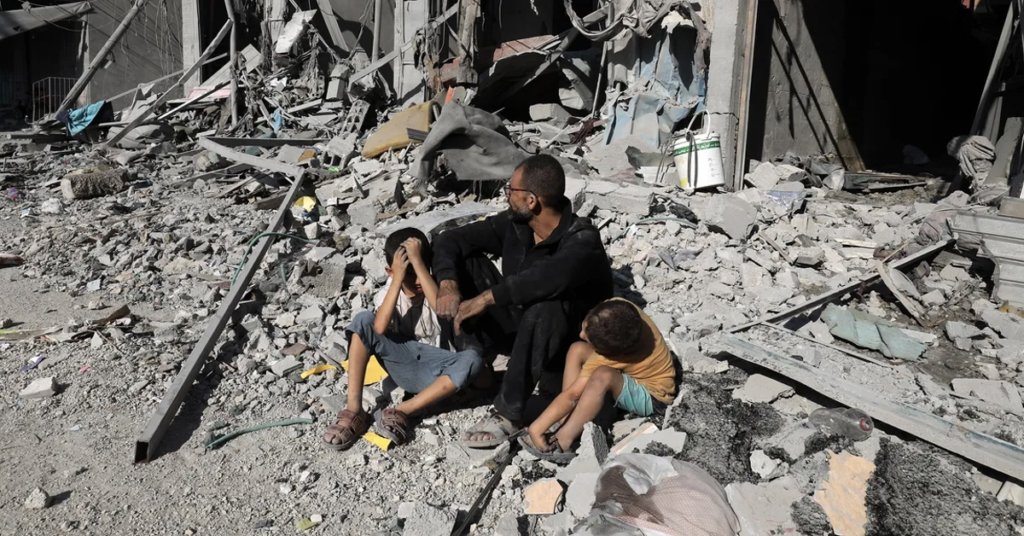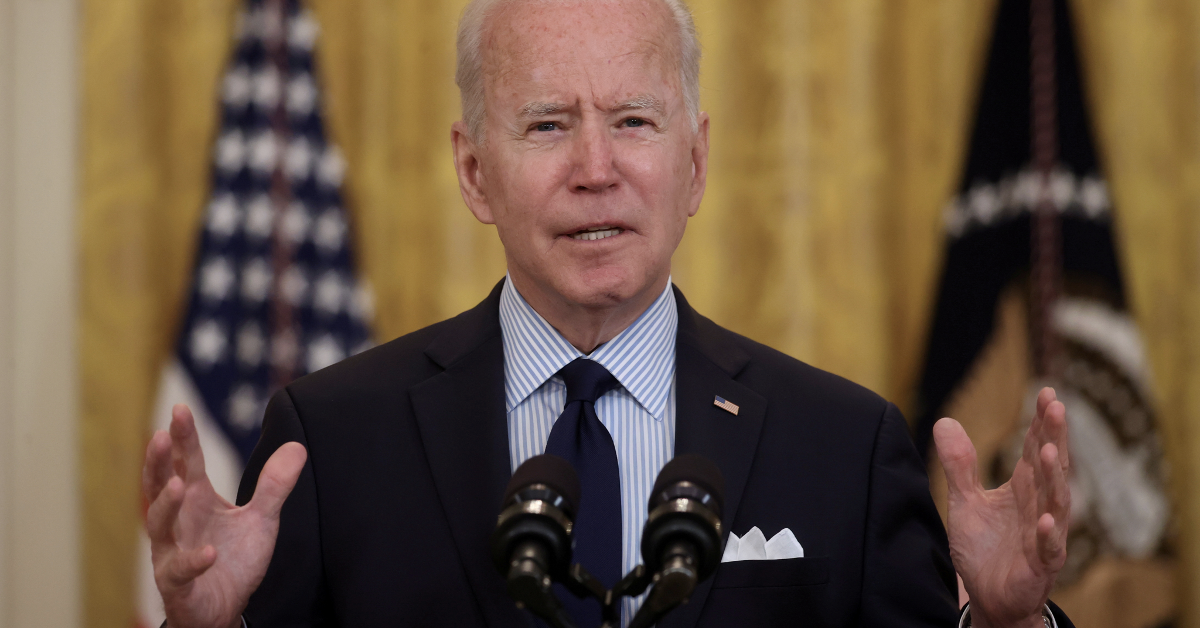President Joe Biden remarked on Monday that the United States is actively involved in discussions between Israel and Hamas to broker a temporary cessation of hostilities in Gaza, slated to endure for a minimum of six weeks. This pause aims to facilitate the liberation of additional hostages still being detained by Hamas. Following a stretch of relative tranquility in Gaza, President Biden articulated the prospect of establishing a more enduring resolution during a meeting with Jordanian King Abdullah II at the White House. He indicated having engaged in dialogues with Israeli Prime Minister Benjamin Netanyahu, as well as leaders from Qatar and Egypt, with the objective of propelling the negotiations forward. According to Biden, while the essential components of the agreement have been outlined, there remain some unresolved issues. Nevertheless, he conveyed his encouragement to Israeli leaders to persist in their efforts to reach a consensus, underscoring the unwavering commitment of the United States to supporting this endeavor to the fullest extent possible.
This diplomatic initiative comes amid escalating tensions in the region, with the conflict between Israel and Hamas intensifying in recent weeks. The situation in Gaza has deteriorated rapidly, resulting in a significant loss of life and widespread destruction. The plight of civilians caught in the crossfire has drawn international condemnation, with calls for an immediate cessation of hostilities and the resumption of peace talks. The United States, along with other key stakeholders, has been actively engaged in diplomatic efforts to de-escalate the situation and facilitate a negotiated settlement to the conflict.
The proposed pause in fighting presents a critical opportunity to address the humanitarian crisis unfolding in Gaza and to pave the way for a more sustainable peace. It offers a window of opportunity for the release of hostages held by Hamas and for the delivery of much-needed humanitarian aid to the besieged population. Moreover, it provides an opportunity for all parties to step back from the brink of further escalation and to recommit to the pursuit of a negotiated settlement based on mutual respect and recognition of the rights and aspirations of all parties involved.

However, achieving a lasting peace in the region will require more than just a temporary cessation of hostilities. It will necessitate addressing the root causes of the conflict, including the underlying grievances and aspirations of both Israelis and Palestinians. It will require bold leadership and a genuine commitment to dialogue, compromise, and reconciliation. It will also require the support and engagement of the international community, including the United States, to help facilitate the peace process and provide the necessary resources and assistance to build a better future for all.
In conclusion, the proposed pause in fighting between Israel and Hamas represents a critical opportunity to address the humanitarian crisis in Gaza and to pursue a negotiated settlement to the conflict. It underscores the importance of diplomacy and dialogue in resolving longstanding disputes and advancing the cause of peace and stability in the region. As President Biden has stated, the United States is fully committed to supporting these efforts and to working with all parties to achieve a just and lasting peace in the Middle East.










